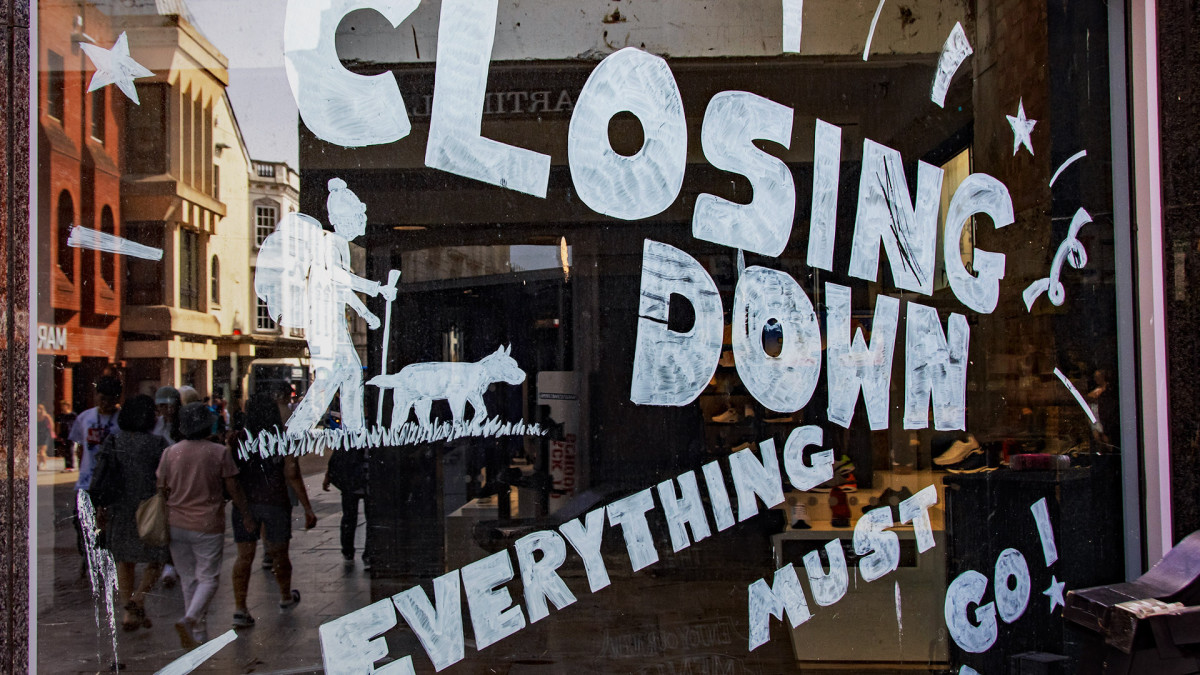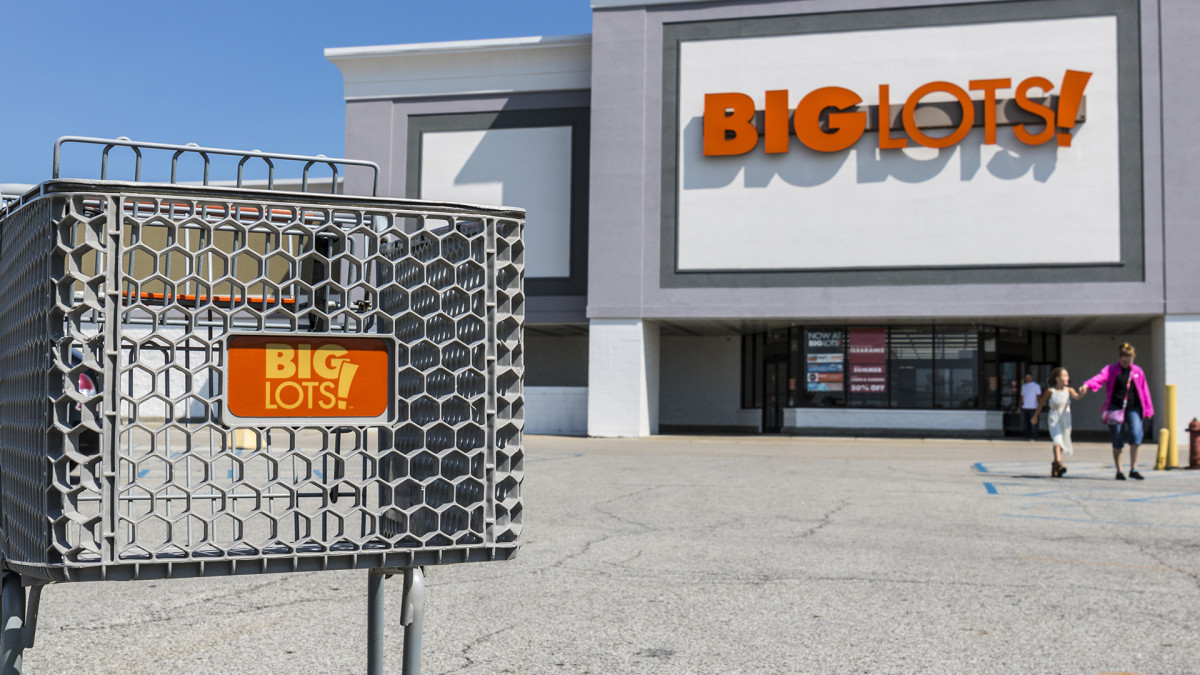
They say that love, weather, and teenagers can be fickle things.
But, increasingly, such is the case with the retail industry, too.
Related: Amazon quietly improves a major customer pain point
What used to be a pretty stable place for many large corporations to operate, thanks to its steady influx of reliable consumer foot traffic and cyclical needs has now become a graveyard for businesses gone belly up before, during, and after the early 2020s.
A couple of decades ago, consumer behavior was relatively predictable to a large brick and mortar retailer. Large mall retailers generally knew when to anticipate the back to school crowd. Grocery stores could predict when procurement needs ticked up around the holidays. Furniture stores typically followed economic cycles, with customers buying more expensive pieces when things were good – and so on.
Related: Mexican chain files Chapter 11 bankruptcy, closes restaurants
Now, however, that landscape has been turned on its head and reshuffled. Many legacy retailers are dying thanks to the rise of online shopping. We no longer need to schlep into a mall for a pair of back to school jeans. We don't need to participate in a pig push to get access to Black Friday savings. And about a third of us regularly get our groceries delivered by helpful strangers on the internet.

Discount retail isn't what it used to be
Thanks to the many changing trends in the retail industry, a lot of discount retailers actually benefitted from the shift as customers increasingly sought savings, particularly as interest rates skyrocketed after the pandemic and inflation continued to rise.
This approach made sense, after all. The Walmarts and Targets of the world benefitted from this trend largely because they already had strong brand trust and recognition. All it took was flaunting some of your lower than average prices – or running a few annual promotions – and the foot traffic (or online sales) would follow.
Related: New Apple Watch could look very different (and cheaper) soon
This was not the case with less digitally native brands, however. Apart from a few key exceptions (like TJX Brands), if you didn't have a robust online fulfillment process, ready to ship millions of items to millions of customers quickly across the country, then you were probably fated to be left in the dust.
Big Lots reportedly closing hundreds of stores
Such is the case with Big Lots (BIG) , the discount retail chain based out of Columbus, Ohio.
Big Lots stocks a lot of overstock, discontinued, and wholesale supplies, selling them for a discount. In theory, this model should work. It's part of the reason TJX thrives – because it offers brand names at deep discounts and functions largely as the middle man.
More Retail:
- Ulta CEO sounds the alarm on a growing problem
- Lululemon releases a first-of-its-kind product
- Target store introduces a new 'over 18' policy
- Amazon launches genius new subscription product
But Big Lots has struggled in recent quarters, with CEO Bruce Thorn saying a downturned economy has soured customers and hurt profits.
It saw a 10.2% drop in sales to $1.01 billion during Q1 and a loss of $132.3 million.
"While we made substantial progress on improving our business operations in Q1, we missed our sales goals due largely to a continued pullback in consumer spending by our core customers, particularly in high ticket discretionary items," Thorn said.
Now the retailer is sharing that it may close up to 315 stores across the United States in an effort to stave off losses and right side its liquidity issue. Previously, Big Lots had planned to close up to 150 stores.
Big Lots has not yet filed for bankruptcy, and approximately 1,000 locations still remain operational as of early August. Still, shuttering 350 stores represents over 20% of its footprint and will likely have an outsized effect on operations.
"We are confident that the steps we are taking will best position the Company for the future as we return to our roots, focus on owning the bargain space, and deliver unmistakable value to our customers," a spokesperson for Big Lots said.
Related: Veteran fund manager picks favorite stocks for 2024







